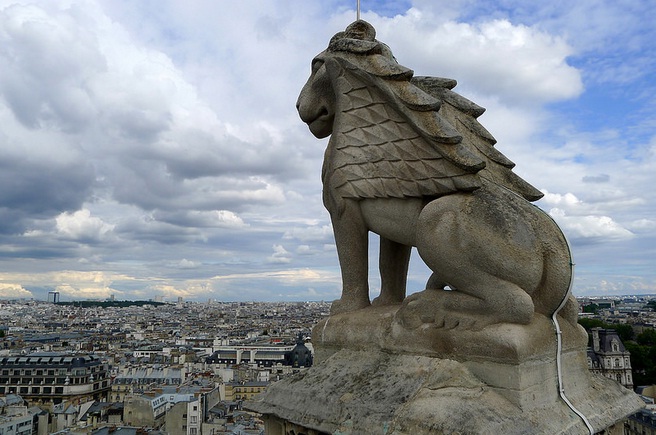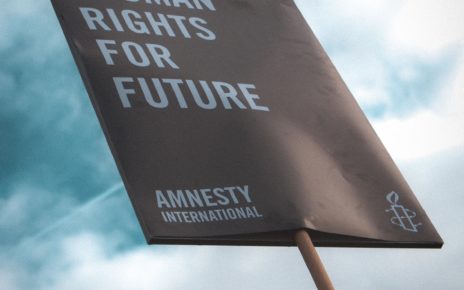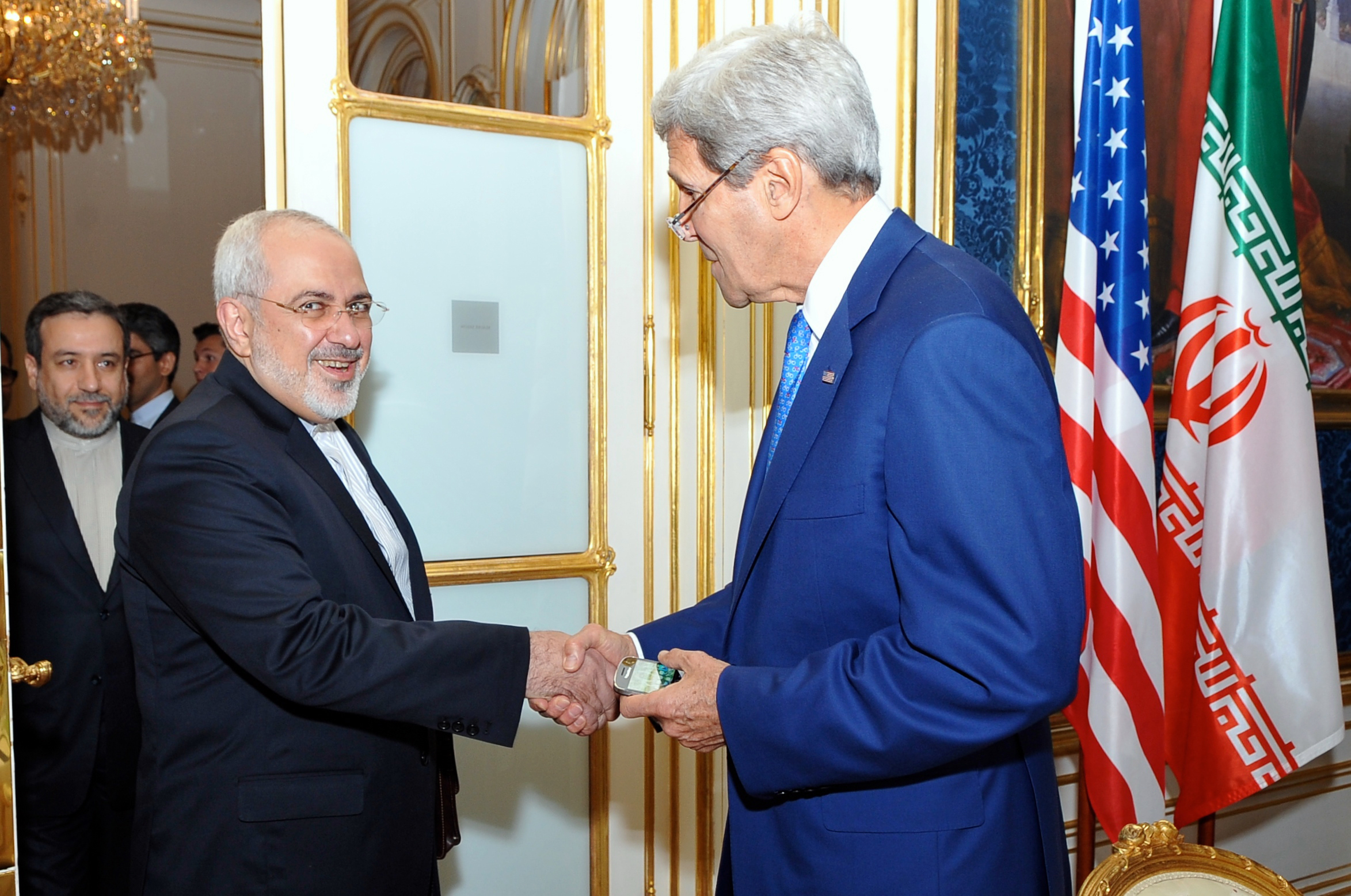When Paris was rocked by a night of terror, the world fell to its knees in sorrow and solidarity. Landmarks from Sydney to Toronto lit up with the French tricolore; moments of silence were observed across the globe; La Marseillaise was sung proudly and defiantly in French parliament. Across social media, the Paris attacks dominated conversation. Hashtags related to the Paris attacks topped Twitter’s global trends for nearly 48 hours as news of the attacks broke and tributes poured in, with the #PrayforParis hashtag used more than 10 million times.
According to geolocation metadata, more than 4 million tweets spanning six continents were posted in the 24 hours after the attacks. #PorteOuverte or ‘open door’ was tweeted more than 400,000 times, as Parisians offered refuge to people caught in the chaos and panic outside. A sketch of the Eiffel Tower in the universal sign of peace went viral, shared more than 27,000 times on platforms like Instagram. On Facebook, the “Safety Check” feature was activated for the first time in response to a terrorist attack, with more than 4.1 million people marking themselves safe in the 24 hours after the attack. In addition, Facebook gave users the opportunity to superimpose the French flag over their profile pictures as a gesture of solidarity with the City of Light.
Criticism began almost immediately. Lebanese citizens asked why the world had barely reacted when two suicide bombers killed 43 people in Beirut only a day prior to the Paris attacks. A suicide bomber in Baghdad had killed 26 people at a funeral on the same day. Others noted the constant terror, death, and destruction occurring in countries like Yemen, Syria, Iraq and Afghanistan, and wondered what about the attacks in Paris sparked such an international outcry. And the most-read story on the BBC website was about an assault on a university in Kenya that left 147 students dead, despite the fact that the attack on Garissa University occurred last April. The BBC noted that its piece on the Garissa attack received 10 million more hits after the Paris attacks than it had when it actually occurred.
Facebook faced particular backlash over its response to the Paris attacks. Arab users asked why Facebook activated its Safety Check feature for people in Paris when it had not done so during the attacks in Beirut. Thousands of users criticized Facebook’s French flag filter, asking why the flags of Syria, Yemen, and Lebanon, among others, were not available options. Facebook CEO Mark Zuckerberg responded to criticism of the Safety Check feature, writing: “Until yesterday, our policy was only to activate Safety Check for natural disasters. We just changed this and now plan to activate Safety Check for more human disasters going forward as well.” At the time of publication, Zuckerberg had not responded to criticism regarding the French flag filter.
The West’s disproportionate reaction to the Paris attacks can be partially explained by several practical factors. First, there were three times more deaths in Paris than in Beirut. Second, despite Lebanon’s increasing stability since the 1990s, a terror attack in Paris is more surprising than one in Beirut. According to the Global Terrorism Database, 114 people were killed in 200 terrorist attacks throughout Lebanon in 2014. In comparison, France had only one terrorism-related death in 2014, though the Charlie Hebdo massacre in January 2015 certainly increased the visibility of terrorism in France. And, in Kenya, more than 300 people were killed by terrorists in 2014. Third, international incidents that are physically and culturally closer to the US are more likely to appear in American news. Researchers find that there are two major factors determining Western media coverage of foreign disasters: the incident’s geographic proximity to the US, and the number of US tourists who tend to visit the country in which the incident occurred.
In this case, the ‘cultural proximity’ of France to the West is far greater than that of Lebanon or Kenya. More people in Western countries have visited Paris, a top global tourist destination, than they have cities in the Middle East or Africa. Parisian landmarks and French traditions are both common and highly romanticized in popular culture, and Westerners are far more thoroughly educated on the history and politics of France than on Middle Eastern and African countries. Language, too, may contribute to Western familiarity and subsequent empathy with the French. Unlike Arabic or African dialects, French is a Latin language similar to Spanish, the second most common language in the US, and is one of Canada’s two official languages. Simply put, Westerners identify and are comfortable with French people due to key similarities in terms of style of dress, religion, language, and general cultural norms and values. They are poorly educated on the individual histories and cultures within Africa and the Middle East and inundated with largely violent media representations. This, in turn, produces fear, hostility, and a disconnect in empathy towards incidents like the Beirut bombings.
There is an undeniable element of race, prejudice, and ignorance evident in the sharp differences in the global reactions between Paris and Beirut. Even the vocabulary used to describe contributing factors, words like “comfortable”, “familiar” and “similar”, are loaded with racial and imperial implications. There is a troubling tribal or racial component to the ‘familiarity’ factor; people pay attention when they see themselves in the victim, which means that white Westerners of predominantly European descent will be more empathetic towards incidents in Eurocentric regions and attacks that claim white victims. For instance, it was the murder of white American journalists James Foley and Steven Sotloff that seems to have turned US public opinion against ISIS in the first place, despite the thousands of largely non-white Arab Muslims the group had previously killed.
The expectation or anticipation of constant violence in the Middle East reflects colonial, imperial tropes of savagery and barbarism, juxtaposed with the ‘civilized’ world of white Europeans and Westerners. At the G20 summit, President Obama explicitly called the Paris massacre ‘an attack on the civilized world’, but failed to issue the same sentiment towards Lebanon, sending the message that Beirut is not in the same ‘civilized’ realm as Paris.
If we treat violence against Arabs in Beirut as an anticipated norm, failing to differentiate Lebanon’s individual history and acknowledge its 20-year trend towards peace and stability, and condemn violence against white Europeans as shocking and unjust, we are engaging in what noted cultural critic Edward Said called “Othering.” This is the crude caricaturing of the Middle East as a homogenous region whose susceptibility to violence renders it primitive, inferior, and even – to some – ‘evil’. Partially the result of basic and practical factors, the striking Western reaction to the Paris attacks ultimately reflects the perpetuation of subtle and persistent Eurocentric prejudice against non-white victims, specifically in this instance Arabo-Islamic peoples and their culture.
Shaming others for selective sympathy on social media is not constructive. Recognizing, acknowledging, and understanding why the Paris attacks evoked such significant global attention, however, is critical to correct subtle and often subconscious Western biases, and move forward from terror together.




